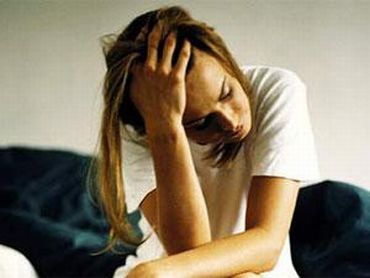
Identify your trigger and prevent pain from ruining your day.
Everyone at some point in their lives suffers from a headache. In severe cases, headaches can adversely affect the quality of life of the sufferer. If you have had headaches since childhood, for whatever particular reason, you most certainly must have been to the doctor to get yourself checked out. When the doctor was examining you, he may have mentioned the word 'trigger'. What is this trigger?
In the case of a headache, the word 'trigger' means something that initiates the headache. The trigger may not be the direct cause of the headache, but it assists or provokes the start of an attack in a patient who already suffers from them.
Everybody may have a different cause behind the triggers of their headaches. Common headache triggers vary, depending upon the type of headache and on the individual.
Below is the list of probable causes and the effective ways to deal with them:
1. Stress
Stress is the most common trigger for most headaches. Stress at work, personal problems, depression or frustration can trigger some severe cases of headache, both tension headaches (also called stress headaches) and migraines.
Tension headaches can either be episodic (triggered by a build-up of stress or an isolated stressful situation) or chronic (triggered by daily stress such as from a high-pressured job). Migraines come from changes within the brain itself. During stressful events, certain chemicals in the brain are released to combat the situation. These chemicals can alter blood vessel dilation that can cause migraine headaches.
The best way to avoid this trigger is to de-stress regularly using some effective meditation technique.

Certain fruits (avocado, papaya, pineapple, raspberries, strawberries), certain vegetables (raw garlic, lentils, mushrooms, olives, onions), certain dairy products (sour cream, yogurt, cheese), red wine and certain food additives (Tyrosine, Tyramine, Monosodium glutamate (MSG)) are also responsible for triggering a headache. But these factors are only dependent on the individuals. So if you are suffering from these triggers, it is best to avoid them altogether.

Many people experience headaches or migraines during the change of seasons, when the weather changes from a sunny day to a rainy day etc. This is because the hypothalamus is very sensitive to seasonal variation. These weather-related headaches are more commonly known as barometric pressure headaches. Unfortunately, there is no way to avoid these other than taking some over-the-counter medications.

With our fast-paced lives, it is very difficult to get eight sound hours of sleep. A recent study indicated that those who slept an average of six hours a night had significantly more severe and more frequent headaches than those who got more than eight hours of sleep. So make sure you get a good eight hours of sleep everyday to wake up fresh and lively.
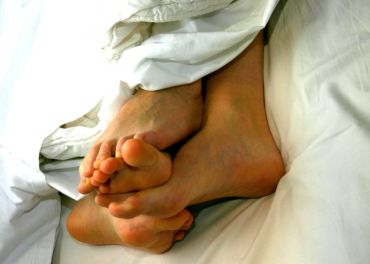
In one survey, 46 percent of headache sufferers said sex had triggered a headache. Mostly men confirmed that the pain builds during foreplay or they get a sudden headache around orgasm. This pain is a result of overexertion of the body. Physical exertion causes blood vessels in the neck, head, and scalp to swell, producing a build-up in pressure. So if you feel tired and exhausted, take a break from your nightly schedule. Strenuous exercise can also lead to exertion headaches.
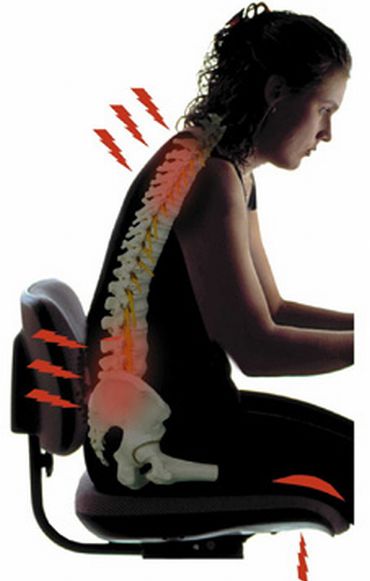
The way you sit can also trigger tension headaches, as a result of pressure build-up in the head and neck muscles. Slouching at your desk, hunching your shoulders, staring at a screen that is too low or too high, using a chair with poor support for thelower back and using your shoulder and ear to hold the phone are all examples of poor posture. Take a good look at your workspace and make sure it is set up in a way to prevent headaches.
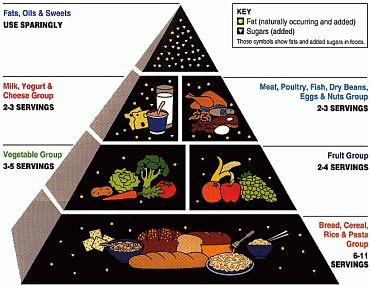
You are more vulnerable to a headache if you are dehydrated or have not received proper nutrition. Low blood sugar, high blood sugar and other food-related issues can cause blood vessels to dilate, which further triggers headaches. So listen to your body often. If you feel hungry or thirsty, don't deprive your body of what it requires.

Certain smells like household cleaners, along with perfumes and fragrances, air fresheners, house paint etc contain chemicals that can bring on headaches or trigger migraines in many people. If you're susceptible to headaches brought on by these smells, avoid them altogether. Use a table fan to drive these fumes away.
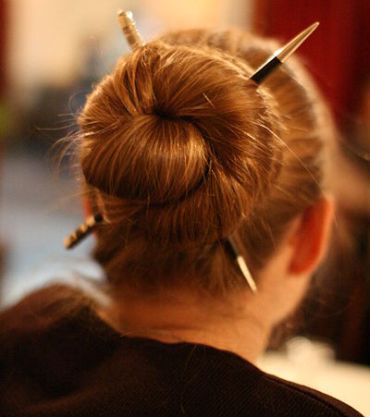
Hair accessories can also trigger headaches, depending upon how you wear them. For example, a tight ponytail can cause strain on the connective tissue of the scalp, leading to a hairdo headache. Tight-fitting hats, braids and headbands can also have the same effect. If you notice problems, try to avoid keeping your hair pulled back too tightly and let it loose.
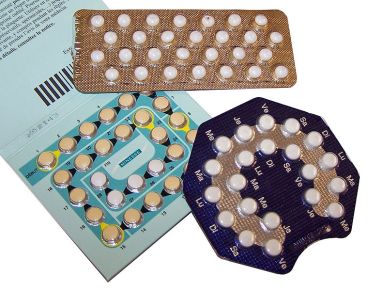
When estrogen levels (female sex hormones) fluctuate dramatically, just before and during a woman's menstrual period, it may cause a headache. OTC medications are your best bet in such cases.

Do you get a sharp, stabbing pain in your forehead when you eat or drink some cold foods? If yes, then these are called ice cream headaches. There is no treatment available as such for these headaches, but they generally last for less than five minutes. The pain in this type of headache is usually felt in the middle of the forehead.
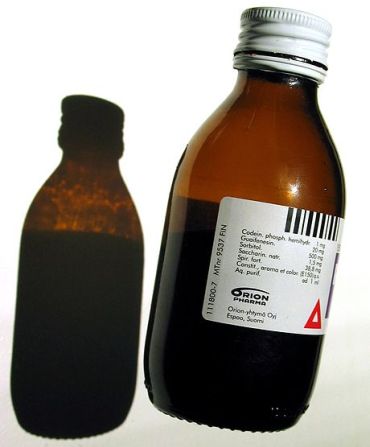
Several medications (both prescription and nonprescription) given to you by your doctor can also cause headaches, especially if you use them regularly. These include cold medicines (decongestants, antihistamines), diabetes medications, birth control pills (oral contraceptives) etc. You may contact your doctor to get your dosage changed in such cases. Overuse of pain medicines may also trigger headache (rebound headache), especially in people who have frequent and severe headaches.

Another reason to add to your list of incentives to quit smoking. It not only triggers headaches in smokers, but also in people who are exposed to the secondhand smoke of cigarettes. Nicotine, contained in the cigarette smoke, causes blood vessels in the brain to narrow.
Triggers should be at the top of the list during any examination for a headache. Once you know your set of triggers, try to avoid them to live a headache-free life.